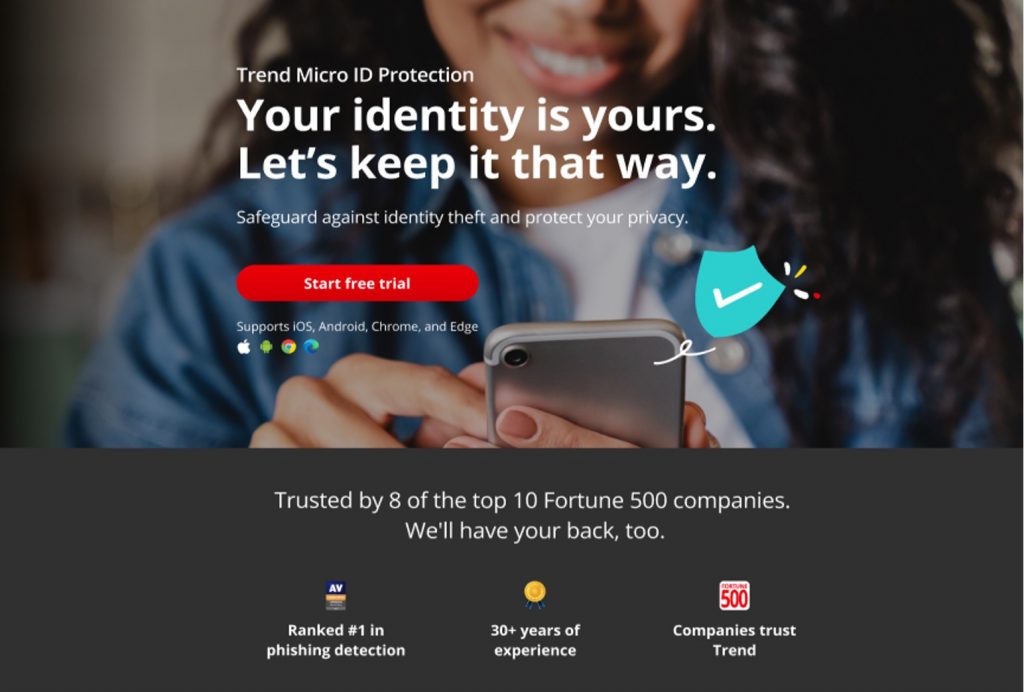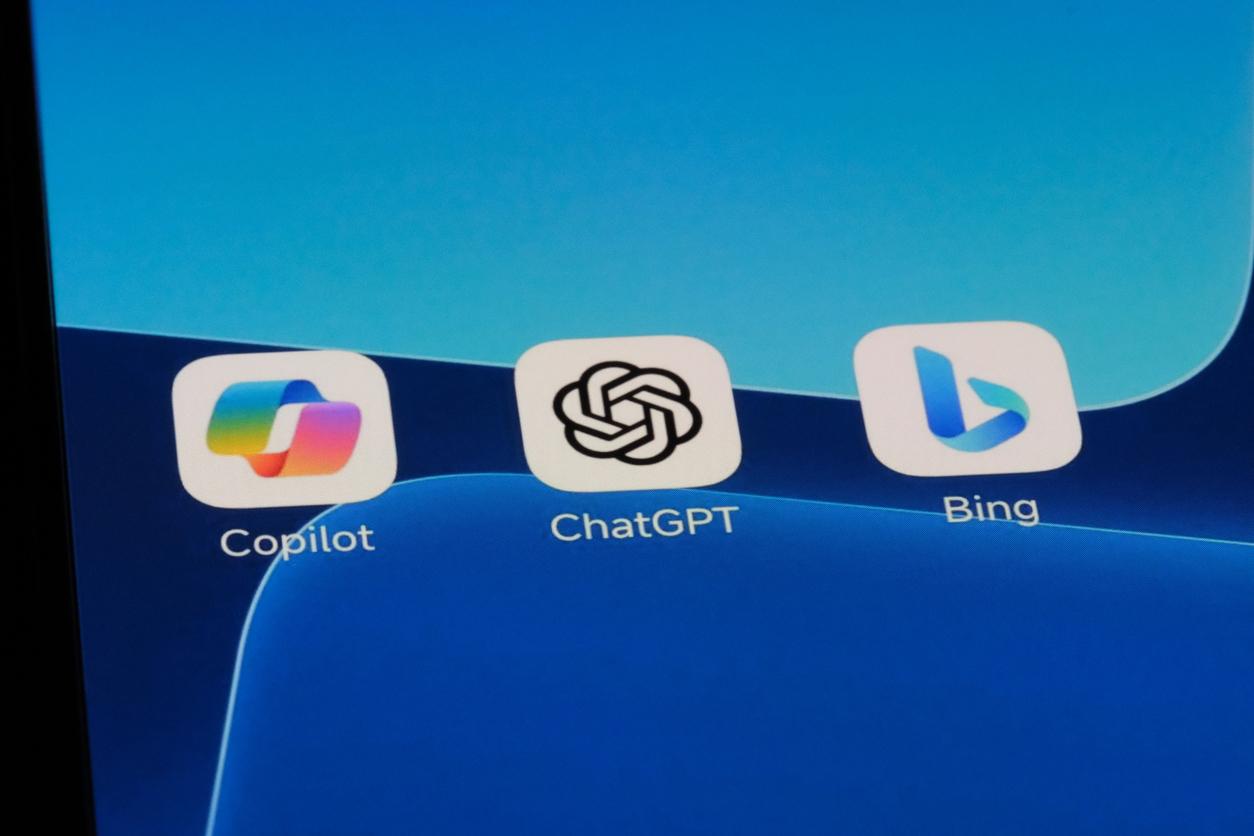Is ChatGPT safe? Released in November 2022, ChatGPT is an advanced AI chatbot developed by OpenAI, a startup founded in 2015. ChatGPT is what’s known as a natural language processing tool, based around a powerful AI that uses data from the internet to compose its own text. It can answer almost any question and produce almost any content. In its own words:
“ChatGPT is a cutting-edge conversational AI model that leverages the power of Generative Pre-trained Transformers (GPT) to understand and generate human-like text. Whether it’s answering questions, providing explanations, generating creative content, or assisting with various tasks, ChatGPT aims to simulate human-like interaction, offering users informative and engaging experiences.”
Is ChatGPT Safe?
Any new technology raises concerns about cybersecurity, and that’s the case with ChatGPT, too. While it can do many great things, the chatbot can also be used to write malicious coding and create viruses, spread misinformation, and produce copy for phishing materials. Then there is the issue of data security. Read on for the low-down.
Malicious AI-Generated Content
Researchers have warned that cybercriminals can use ChatGPT to compose the text for phishing emails, texts, and call scripts — meaning more phishing and more cyber threats. The generated text is so effective that OpenAI withdrew a tool it had designed to spot AI-generated content, due to poor accuracy results. Nonetheless, OpenAI offers three suggestions for spotting AI-generated text:
- Check for patterns and inconsistencies: AI-generated content may have patterns or inconsistencies that indicate it was generated by a machine, such as repeating the same phrase multiple times or using the same structure repeatedly.
- Look for signs of human error: AI-generated content may contain errors or inconsistencies that would not be present in human-generated content, such as awkward phrasing or lack of context.
- Check the context: AI-generated content may be out of context or not make sense in the context of the conversation.
This guidance is by no means foolproof, but it’s sound advice nonetheless. In simple terms, take your time and be skeptical!
OpenAI’s Privacy Policy
OpenAI’s privacy policy outlines the types of data collected: including contact details, date of birth, transaction history, network activity, content, location, and log-in credentials. While some data sharing is necessary the potential for misuse and leaks remains a valid concern.
In addition, ChatGPT conversations are not confidential. While OpenAI has protections in place to prevent sharing personal information, there’s still a risk of exposure. Your chats may be used to train future versions of the model, for example, while all chats are stored for 30 days to monitor for abuse.
Accidents and Data Leaks
In March 2023, OpenAI encountered an issue where user chat history got mixed up. Some ChatGPT users saw other people’s conversation history instead of their own. There were also concerns that financial information from ChatGPT-Plus subscribers might have been leaked. To their credit, OpenAI did quickly address the bug and subsequently published a report — however, leaks and breaches remain a risk inherent to any online service.
Misinformation
Fake news websites (often referred to as newsbots) are leveraging AI to create news articles — although, due to the nature of AI, the accuracy of such “news websites” cannot be trusted. These sites are designed to generate ad revenue for the site owners, and because AI can create content so quickly, the sites can publish many AI-generated articles in a short amount of time, each containing lots of ads.
Fake ChatGPT Apps and Websites
In previous investigations, we also found large numbers of fake ChatGPT apps and phishing webpages, some containing malicious Trojan viruses and others being spam-generating PUAs (“potentially unwanted app”). Be aware of these potential online threats — and remember that there is NO official ChatGPT app. For a list of best practices to follow when using ChatGPT and other AI tools, head over here.
Protecting Your Identity and Personal Info
Trend Micro is here to have your back in 2024. We would encourage readers to head over to our new ID Protection platform, which has been designed to meet the security and privacy threats we now all face.

With ID Protection, you can:
- Check to see if your data (email, number, password, credit card) has been exposed in a leak, or is up for grabs on the dark web;
- Secure your social media accounts with our Social Media Account Monitoring tool, with which you’ll receive a personalized report;
- Create the strongest tough-to-hack password suggestions from our advanced AI (they’ll be safely stored in your Vault);
- Enjoy a safer browsing experience, as Trend Micro checks websites and prevents trackers.
- Receive comprehensive remediation and insurance services, with 24/7 support.
Offering both free and paid services, ID Protection will ensure you have the best safeguards in place, with 24/7 support available to you through one of the world’s leading cybersecurity companies. Trend Micro is trusted by 8 of the top 10 Fortune 500 Companies — and we’ll have your back, too. Why not give it a go today?
Lastly, to celebrate April Fool’s Day, we’ve published a piece on the Top Twelve AI Scams and Pranks. Some are serious, some are funny — all are worth bearing in mind! As always, we hope this article has been an interesting and/or useful read. If so, please do SHARE it with family and friends to help keep the online community secure and informed — and consider leaving a like or comment below. Here’s to a secure 2024!
